SUMMARY
This is AI generated summarization, which may have errors. For context, always refer to the full article.
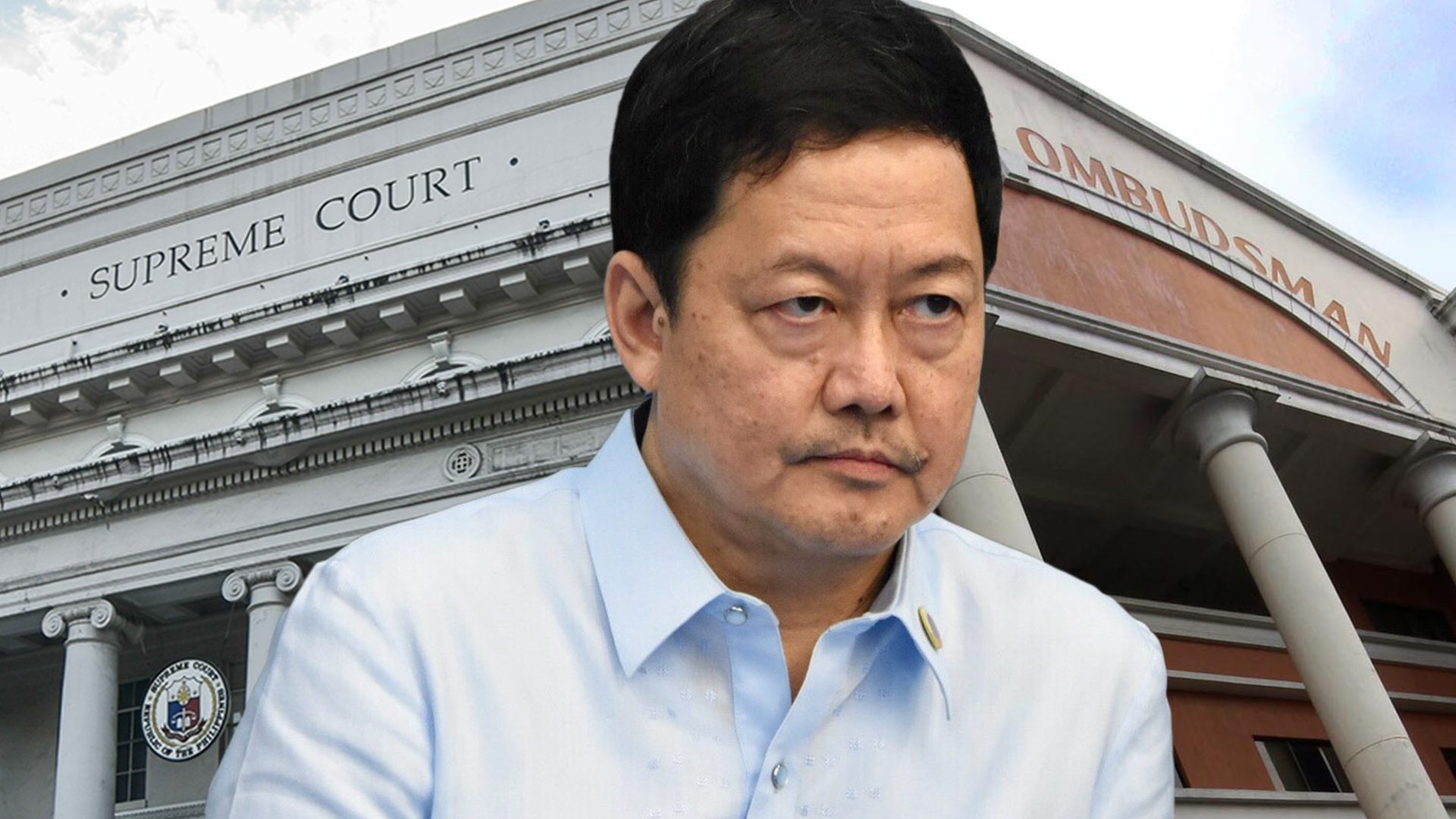
Justice Secretary Menardo Guevarra was not only given a powerful assignment by President Rodrigo Duterte to probe corruption in the “entire government,” independent bodies such as the Ombudsman and the Supreme Court are also partly ceding what’s supposed to be their jurisdictional authorities.
Ombudsman Samuel Martires, whose authority is most duplicated by the Department of Justice (DOJ) “mega task force,” said “the directive of President Duterte to Secretary Menardo Guevarra to investigate allegations of corruption in the government is most welcome.”
“Secretary Guevarra is an intelligent and decent public servant who is well-respected by his peers and colleagues,” Martires said in a statement on Friday, October 30.
Earlier, Supreme Court Spokesperson Brian Keith Hosaka said the “offer of assistance” by the DOJ task force to also investigate members of the judiciary is “welcomed.”
“It is very much appreciated. Any assistance for the good of the institution and to protect its integrity should not be shunned, but instead welcomed,” said Hosaka.
Constitutional law professor Dan Gatmaytan said: “The task force will have to observe constitutional limitations on the power to discipline government officials. The Task Force could end up testing these boundaries,” said .
Potential overlaps
One of the reasons cited for the necessity of a mega task force is that the Office of the Ombudsman’s manpower is limited compared to that of the DOJ, which will have the National Bureau of Investigation (NBI) at its disposal.
Martires said they would “continue to conduct in-depth parallel investigations despite this office’s limited manpower and the ongoing reorganization to strengthen the bureaus undertaking investigative functions.“
But for now, one thing is clear – the Office of the Ombudsman will still have to prosecute most, if not all, of the complaints that will be filed by the DOJ task force.
“In any case, investigations conducted by the DOJ involving complaints of corruption are subject to the evaluation of the Ombudsman,” said Martires.
Guevarra said as much: “It is expected that these cases will be filed before the Office of the Ombudsman.”
The Office of the Ombudsman has the jurisdiction over graft complaints.
Guevarra has identified 5 agencies as first priorities of the mega task force: Philhealth, the Department of Public Works and Highways (DPWH), Bureau of Customs (BOC), the Bureau of Internal Revenue (BIR), and the Land Registration Authority (LRA). (READ: Why experts have serious doubts about Duterte’s ‘corruption crackdown’)
Can DOJ probe the judiciary?
It gets a little tricky with the judiciary because, under the Constitution, it’s the Supreme Court which has the power to discipline members of the judiciary. It’s a constitutional design to preserve the independence of the co-equal branch.
The Supreme Court recently formed the Judicial Integrity Board (JIB) and appointed retired justices Romeo Callejo Sr, Angelina Sandoval-Gutierrez, Sesinando Villon, Rodolfo Ponderada, and Cielito Mindaro-Grulla to the board.
Guevarra also acknowledged that separation of power.
“They’re the ones primarily in charge of disclipining people in the court who are involved in corruption. But, if they may need the help of the task force, we can work hand in hand to rid the judiciary of corruption,” Guevarra said in Filipino over radio DZBB.
That’s why Hosaka calls it an “assistance,” reiterating the fact that the Supreme Court has the JIB.
Asked if the DOJ task force can be used as the executive’s “sword over the judiciary’s head,” Hosaka said, “The Secretary of Justice merely offered assistance to the judiciary in investigating erring officials.”
But Guevarra said that when it comes to criminal complaints, they will still have jurisdiction, telling DZMM in Filipino: “If there’s participation in a criminal act, we will not distinguish whether the official is a member of Congress, the judiciary, or the executive department.”
Weakening institutions
Ad hoc bodies that bypass institutions have a risk, according to Joy Aceron of corruption watchdog Government Watch or G-Watch. “There were cases that ended up weakening the institutions with the official mandate. This could happen here,” she told Rappler.
The mega task force may also be another populist approach, as Washington DC-based public policy think tank Bookings Institution noted how Duterte “rejects” institutional mechanisms, and resorts to “fighting corruption as individuals or through close allies.”
“Duterte, [Brazil President Jair] Bolsonaro, and [US President Donald] Trump have sought to consolidate their personal power at the expense of existing institutions, and this has had severe negative impacts on the justice system, hindering anti-corruption efforts,” ” wrote Brookings’ Lica Porcile and Norman Eisen.
The danger of consolidated power is abuse of authority, added Aceron.
“This administration’s track record on conducting investigations has not been that good – from wrong/ false information to lack of transparency and accountability to abuse of authority to consolidate power, including hunting down opposition and dissent,” said Aceron.
“There are no evidence from its past track record that would make us think the new Duterte corruption task force would be any different,” she added. – with a report from Pia Ranada/Rappler.com
Add a comment
How does this make you feel?
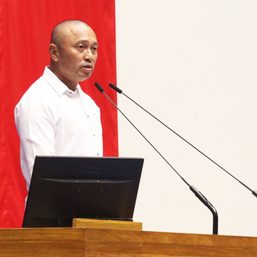
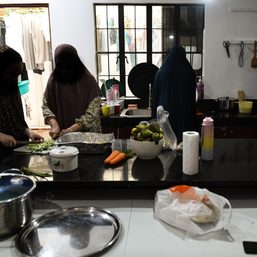
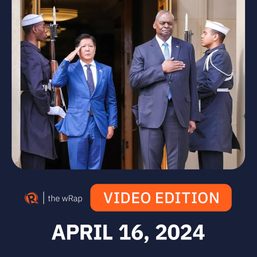
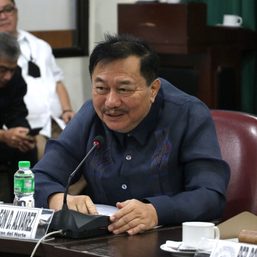
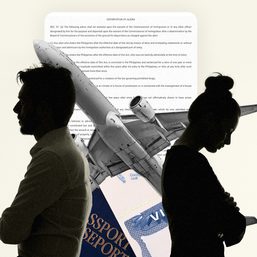
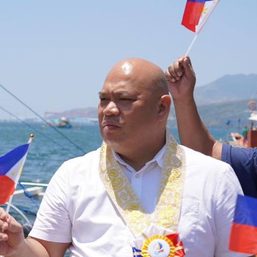
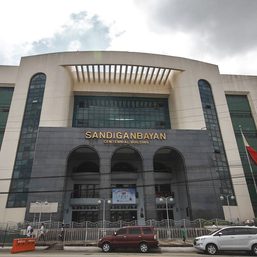
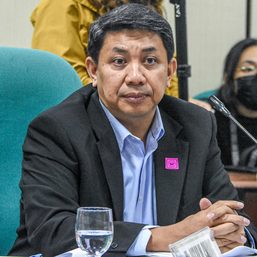
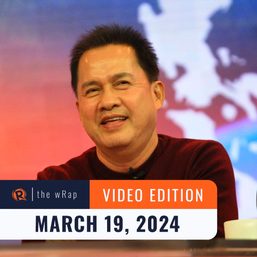






There are no comments yet. Add your comment to start the conversation.